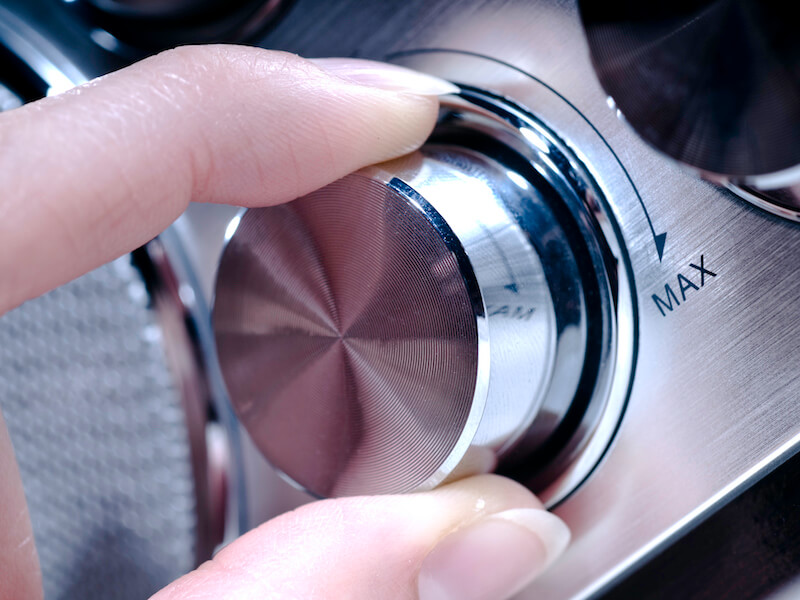
Recognizing when you need some medical advice is normally fairly easy. When you break your leg, for instance, you know you should go to the doctor (or the emergency room, depending on the situation). You might need a splint or a cast or supportive device, but the point is that you’re unlikely to try “toughing it out”. At least, not for that long (especially if you want your bones to mend themselves properly).
It’s not always that clear cut when it comes to hearing aids, though. Hearing loss normally progresses very slowly over time. This means knowing when to get treatment for hearing loss can be tricky.
That’s why it’s a good idea to watch out for some distinct signposts that you might be losing your ability to communicate. If you observe any, it might be time to talk to us about your first set of hearing aids.
Hearing loss and hearing aids
Hearing loss is mainly managed with hearing aids. But everybody who has some degree of hearing loss won’t automatically need hearing aids. Hearing aids won’t always be helpful in cases of mild hearing loss. We might want you to hold off on using hearing aids as a result. Likewise, you may be instructed to wear hearing aids only in specific situations.
This means that just because you are diagnosed with hearing loss doesn’t mean you will necessarily require hearing aids.
But in many cases hearing aids will be the best solution. Many individuals won’t have their hearing loss diagnosed until it becomes more serious because hearing loss progresses slowly and often goes undetected for a while. Getting your hearing examined regularly is the key to catching hearing loss early and possibly mitigating the need for hearing aids.
So how will you know if you have hearing loss?
You need hearing aids if you detect these indicators
Immediate communication issues can be the result of hearing loss. The interesting thing, though, is that you don’t always comprehend that those communication issues are due to hearing loss. So, at what stage will a hearing aid help?
Watch out for these indicators:
- When you’re in noisy settings, you have a hard time following conversations: This is probably one of the most prevalent symptoms of hearing loss. If you have difficulty hearing conversations in loud places, that’s often a sure sign that you have hearing loss. That’s because your brain has difficulty filling in the missing information that gets lost with hearing impairment. Because of this, there’s a lot of muddled conversations.
- You listen to the radio or TV at really loud volumes: Hearing loss could be the culprit if you continually need to turn the volume of your devices up. If you find people around you complaining about the high volume of your devices, this is especially relevant.
- You have trouble making out what people are saying: Many individuals don’t think they have hearing loss or need hearing aids because the total volume they perceive seems fine. But hearing loss is curious, it tends to affect specific frequencies before others. Which means that the great majority of sounds might seem normal but things in the high frequencies (such as particular vowels) will be distorted. This could cause you to have a tough time making out what people are saying.
- Phone conversations sound muddled: Even the highest quality phone speakers have a habit of flattening a voice. That can make it hard to understand, particularly if you have hearing loss. Again, specific frequencies are missing and the result is that it’s extremely difficult to hear those voices.
So what can you do?
When you break your leg, it’s obvious what to do: you go see the doctor! But what do you do when you start to detect the symptoms of hearing loss? What degree of hearing loss requires hearing aids? That isn’t a very easy answer but you should make an appointment with us for a hearing assessment if you begin to experience any hearing loss symptoms. We will be able to inform you about how serious your hearing loss is.
And if you do end up needing hearing aids, a hearing exam will help determine the best device for your hearing needs. This means you’ll be able to get back to spending quality time with your friends and loved ones, you’ll understand your grandkids when they give you a call, your co-workers at your morning meeting, and your friends at happy hour.
Call us to schedule your hearing exam, we can help you recognize if you’re suffering from hearing loss.